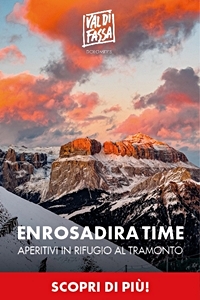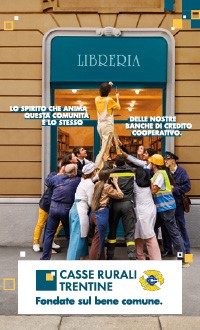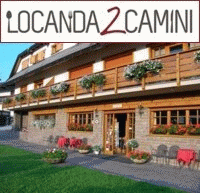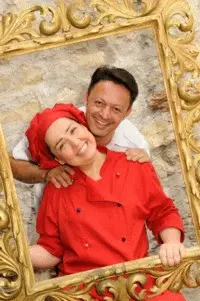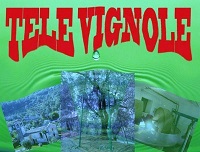History Lessons on the streets, but by artists – By W. Siddiqi
Lezioni di Storia per le strade, impartite da artisti – L’articolo è del collega afghano che è a Trento per uno stage di giornalismo
C’era anche Wahab Siddiqi stamattina alla conferenza stampa di presentazione del lavoro teatrale portato in scena dalla filodrammatica «La Marianella» per la regia di Giulio Visintainer.
Noi abbiamo pubblicato il servizio che si può leggere tramite questo link.
Qui di seguito quello scritto da Wahab in inglese, con la versione in italiano a seguire.

|
History Lessons on the streets, but by artists |
| Lezioni di Storia per le strade, impartite da artisti. Questa volta attori di teatro in città hanno deciso di organizzare spettacoli nelle strade di Trento e di alcuni villaggi intorno alla città per insegnare alla gente come hanno perso la memoria della loro storia terra. La differenza tra questi spettacoli e tutte le altre manifestazioni è che alcuni attori vanno a visitare le persone e per la gente non è necessario acquistare i biglietti. I soggetti di questi spettacoli sono relativi al XVI secolo. Lo spettacolo è per ricordare alla gente come le sfide della schiavitù, sacerdoti corrotti, fame, guerre, disastri naturali, malattie siano causa di ribellione. La rivoluzione della povertà contro la ricchezza, avvenuta nel 1525, è stata cancellata dalla memoria di molti cittadini del trentino, ma viene ricordata da questi artisti che hanno deciso di commemorare la rivoluzione rappresentandola tra 25 Maggio e il 10 agosto 2013. Ecco il programma per questo spettacolo: 23 maggio a Trento 25 maggio a Dro 6 luglio a Roncegno 19 luglio a Caldes 27 luglio Bresimo 8 agosto a Fondo 10 agosto in Segonzano Giulio Visintainer, che ha la responsabilità di dirigere gli spettacoli, ha detto quali sono i ruoli dei 30 personaggi giocati negli spettacoli. Il loro scopo principale è quello di far conoscere la storia di questa provincia, che non ha più memoria su quanto accaduto. Visintainer ritiene che questo è il loro modo per ottenere l'attenzione della gente e insegnare loro di nuovo la propria storia. Egli sottolinea che non aveva la ricerca su questa parte della storia, ma ora ha ottenuto alcuni risultati. Vuole condividere con il popolo e tutti gli attori che sono in grado di giocare i loro ruoli al meglio. Il regista aggiunge che la scena non si illuminerà nella notte con luci moderne. Si cercheraà di illuminare gli spettacoli con il fuoco come lo era in passato. E anche tutti gli attori indosseranno maglie, cappellini, e dispositivi vecchi quando arriveranno sulla scena. Anche i dialoghi saranno in antico italiano e nella lingua ladina, e infatti hanno preparato i testi nelle varie versioni. Il regista non ha dato ulteriori dettagli, rinviandoli allo spettacolo! Engo, un anziano attore, racconta la sua esperienza in questo spettacolo. «Sono pronto per lo spettacolo!» Ritiene che tali spettacoli possano influire con immediatezza sulla mente delle persone perché saranno recepiti così. L’attore dice che parte del problema è nei movimenti fisici, come le stesse persone che hanno fatto in passato, ma lui e i suoi colleghi hanno avuto la formazione necessaria per avere successo negli spettacoli. Ora, tutti i cittadini dovrebbero Trento aspettare quel giorno in cui i loro artisti arrivano in alla strada a ricordare loro una parte della storia della città, che è ormai dimenticata. Essi mostrano come i padri e le madri si sollevano contro l'ingiustizia e la crudeltà di togliere differenza tra poveri e ricchi! Di Wahab Siddiqi |






